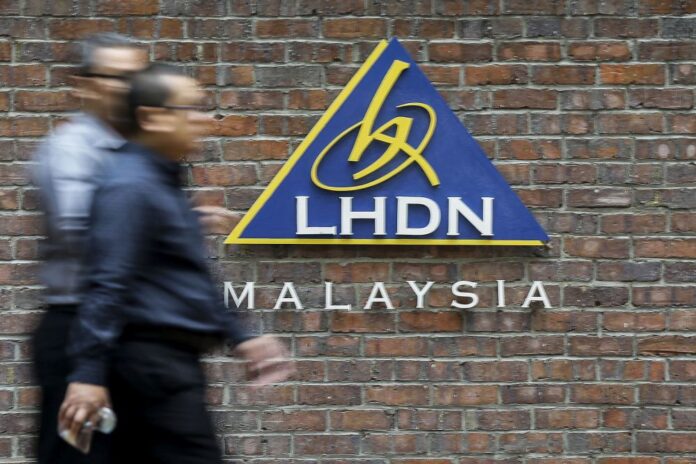Tax audit and investigation executive director Mohd Fariz Mohd Faruk said it is important for Malaysian taxpayers to really understand this new power granted to the IRB under Section 106A so that they are not misguided. — Picture by Ahmad Zamzahuri
KUALA LUMPUR, Dec 16 — Deloitte Malaysia views that the proposed amendments for power to be granted to the Inland Revenue Board (IRB) to call for bank account information was intended to promote tax compliance and provide the ability to recover tax debts due to the government.
Tax audit and investigation executive director Mohd Fariz Mohd Faruk said it is important for Malaysian taxpayers to really understand this new power granted to the IRB under Section 106A so that they are not misguided.
“The power to call for bank account information must be for the purpose of making garnishee order application. One must be clear of the definition of garnishee proceedings,” he said in a statement today.
Yesterday, the Dewan Rakyat passed the Finance Bill 2021, which includes the proposed amendments to Section 106A of the Income Tax Act whereby the IRB would no longer have to inform taxpayers while requesting their bank account details from banks for review or investigate.
Mohd Fariz said garnishee proceedings is a process of enforcing a money judgment by the seizure or attachment of debts due or accruing to the judgment debtor that form part of his property available in execution.
“This would mean that a civil proceeding must have been instituted against a person and a judgment has been obtained against that person for the IRB to be able to obtain the bank account information of that person from the financial institutions.
“The purpose of obtaining such bank account information is for the IRB to make the application to the court for a garnishee order,” he explained.
In addition, he said Subsection (2) of the proposed Section 106A prohibits the financial institution to disclose to any person that such request was made to the financial institution.
“This does not mean that the IRB has a free hand to ask for bank account information of a taxpayer from financial institutions in ‘secret’ or ‘private’ without the taxpayer’s knowledge,” he said.
Nevertheless, he said the banks would also need to set up robust processes to address the request for bank account information by the IRB under the new Section 106A and protect the confidentiality of such request.
“Failure to do so would expose the banks to a fine of RM200 to RM20,000 or imprisonment for a term of six months or both under Section 120A of the Income Tax Act 1967,” he said.
As such, he said the public should not be worried by the introduction of the new Section 106A as it may not be widely applicable or implemented to people who have been complying with their income tax obligations. — Bernama


